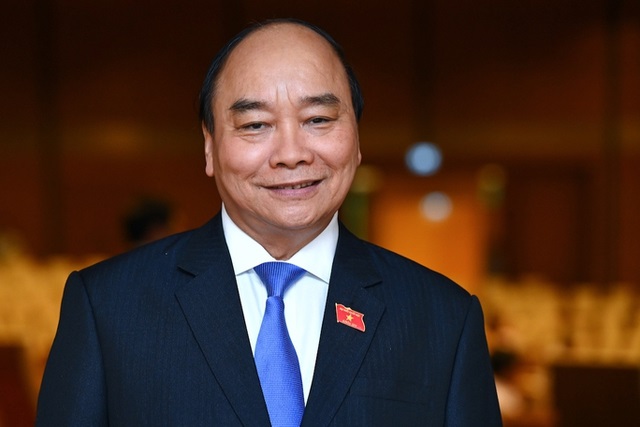The $15.5 billion Just Energy Transition Partnership between Vietnam, the European Union and the United Kingdom could see Vietnam hit peak emissions earlier than expected, with a significant cut in coal-powered energy as part of the climate finance deal with G7 countries.

The agreement, signed on Wednesday, December 14, 2022, comes on the heels of similar JETP announcements for South Africa and Indonesia at the G20 finance ministers meeting. Recipient countries have consistently called for transparency and accountability in the implementation of JETP deals, with activists in Vietnam similarly calling for civil society freedom and public participation.
UN Secretary-General, António Guterres, has congratulated Vietnam and its international partners for the signing of a Just Energy Transition Partnership to accelerate Vietnam’s shift away from coal and towards just and renewables-driven economic growth.
Stephane Dujarric, Spokesman for the Secretary-General, said: “With today’s agreement, Vietnam is pioneering a new framework of collaboration to deliver a fair, inclusive energy transition towards renewables. These Partnerships are a crucial tool to unlock the emissions cuts our world needs in the 2020s.
“The Secretary-General has long been advocating for such coalitions of support. We need all hands on deck to realise an energy transition that is global, sustainable, just, inclusive and equitable.
“Today’s announcement is an important step, but there is still a long way to go to bridge the global emissions gap that risks undermining the imperative to limit global temperature rise to 1.5 degrees.
“Looking ahead, the Secretary-General will continue to advocate for a Climate Solidarity Pact in which all countries make an extra effort to reduce emissions this decade in line with the 1.5-degree goal. At the same time, this Pact is crucial to mobilise – together with International Financial Institutions and the private sector – financial and technical support and technologies needed for large emerging economies to accelerate their renewable energy transitions.
“The United Nations stands ready to continue supporting these Partnerships and all other cooperative efforts.”
Sisilia Dewi, 350.org Asia Managing Director, says: “The time for climate-destroying coal is over and this is a step in the right direction in the phasing out of coal in Vietnam and the rest of the Asian continent. This deal has the potential to propel Vietnam towards an emissions peak date, even earlier than the 2035 target pledged by the Vietnamese government in Glasgow last year.
“Partnerships such as the JET-P are crucial in the clean energy transition for developing countries like Vietnam and Indonesia but must be built on transparency and accountability. Energy is a vital need of the people and therefore, there must be genuine participation of the people in how these large pots of climate finance are used. These partnerships also shouldn’t lock Global South countries into further debt, and unfortunately we see only a minor portion of the Vietnam agreement as grant-based, with the majority as public loans and private pledges.
“We must remember that a ‘just transition’ is one that rejects false solutions such as LNG, which would lock us even further into climate chaos, and prioritises the freedom, sovereignty, and future of all citizens.”
Cansin Leylim, Global Campaigns, 350.org, says: “Vietnam can get on the fast track to clean energy transition and off the addiction of coal with its abundant renewable energy sources. JETP deals are welcome additions that can be mobilised quickly for countries to transition off of fossil fuels and leapfrog to renewables. Yet, the deal announced for Vietnam cites a mix of public loans and private pledges.
“In order to stick to our common goal of limiting global heating to 1.5 degrees celsius, we need to see funds flow from rich countries in the form of grants, aligned with their historic responsibility, that will not burden developing economies with more debt. For these deals to be really successful in reducing emissions, they should focus on real solutions and steer clear of creating further stranded assets like LNG terminals and dampening the pace of the energy transition in Vietnam and beyond, and focus on the transition off of fossil fuels.”
